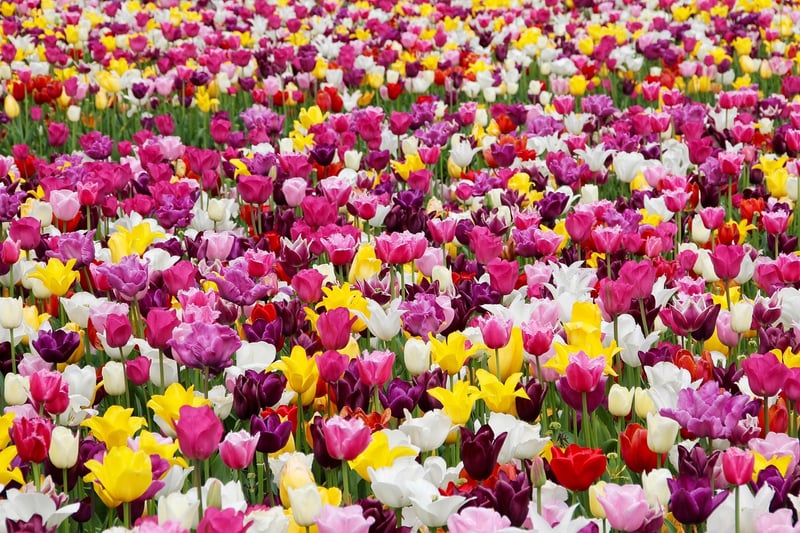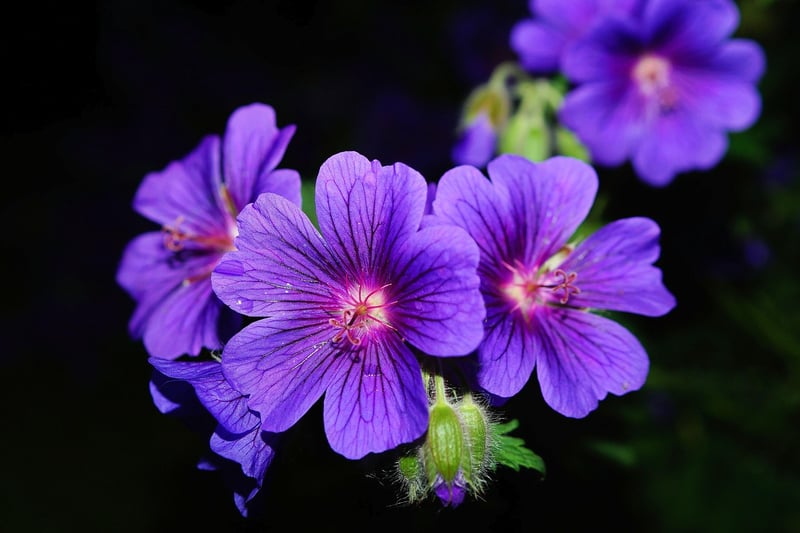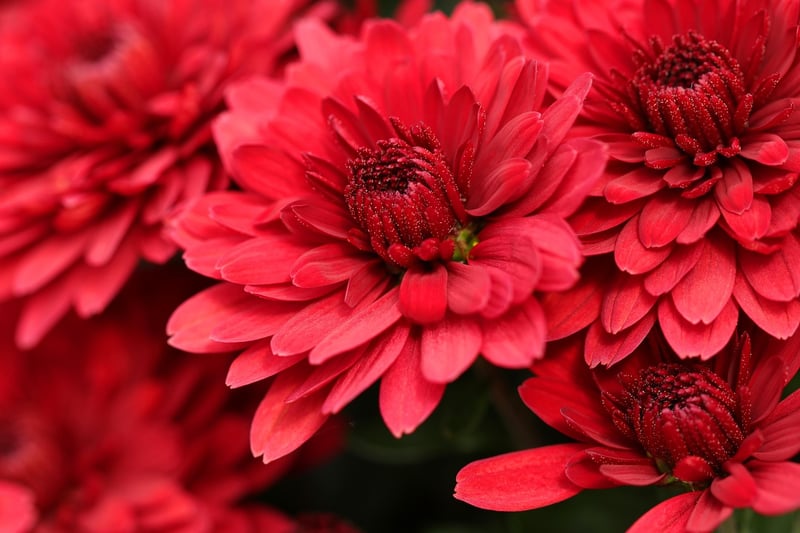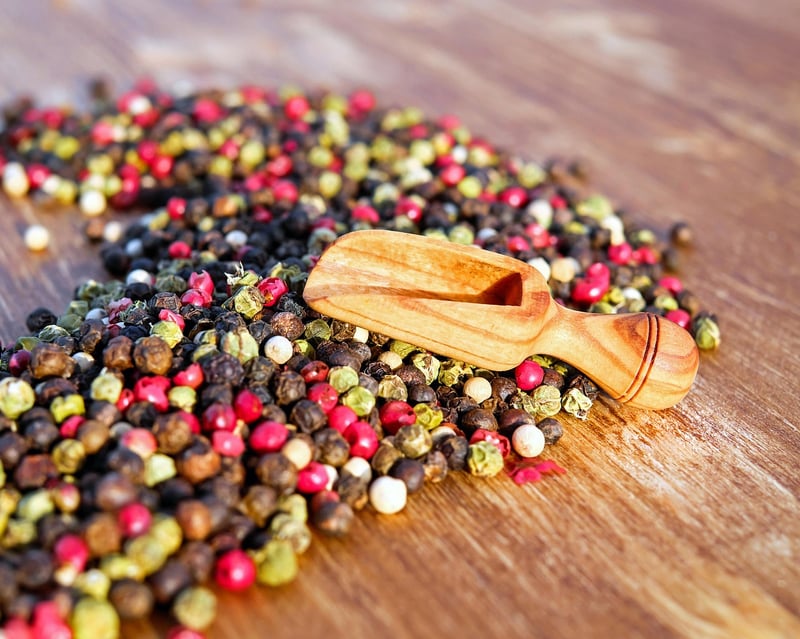Seasonal variety
Vertical Gardening: Planting Flowers Vertically for Seasonal Variety
Vertical gardening is a creative way to maximize your garden space and add a touch of beauty to your outdoor area. By planting flowers vertically, you can create stunning displays that change with the seasons, bringing color and vibrancy to your surroundings throughout the year.
Benefits of Vertical Gardening
- Optimizes space in small gardens or urban areas
- Creates visual interest and focal points
- Allows for better air circulation and sunlight exposure
- Reduces the risk of pests and diseases
Seasonal Variety in Vertical Gardens
One of the key advantages of vertical gardening is the ability to change your plantings based on the season. Here are some ideas for seasonal variety:
Spring
In spring, consider planting tulips, daffodils, and pansies in your vertical garden. These colorful flowers will brighten up your space and herald the arrival of warmer weather.

Summer
For the summer months, choose vibrant blooms like petunias, marigolds, and geraniums. These flowers thrive in the sun and will add a burst of color to your vertical garden.

Autumn
As the weather cools down, consider planting chrysanthemums, asters, and ornamental kale in your vertical garden. These fall favorites will bring warmth and richness to your outdoor space.

Winter
Even in the winter, your vertical garden can shine with evergreen plants like holly, ivy, and winter jasmine. These plants will provide year-round interest and keep your garden looking lush.

Tips for Vertical Gardening Success
- Choose plants that suit the amount of sunlight your vertical garden receives
- Use a sturdy support structure to hold your vertical plantings securely
- Water regularly, as vertical gardens can dry out more quickly than traditional gardens
- Rotate plantings seasonally to keep your garden looking fresh and vibrant
With a bit of creativity and planning, you can enjoy a beautiful and ever-changing vertical garden that delights your senses throughout the year.
